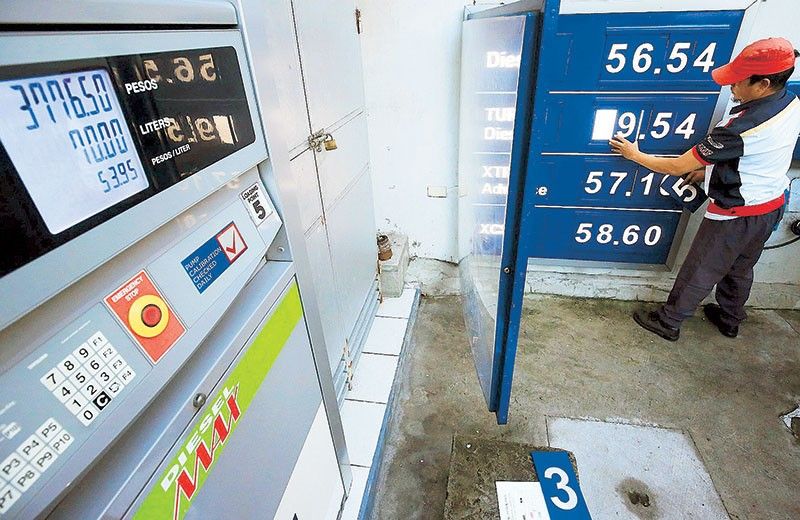
Upgrade to High-Speed Internet for only ₱1499/month!
Enjoy up to 100 Mbps fiber broadband, perfect for browsing, streaming, and gaming.
Visit Suniway.ph to learn
Bella Cariaso - The Philippine Star
June 20, 2025 | 12:00am
MANILA, Philippines — Early pregnancy among adolescent Filipinos has resulted in school dropouts, a study conducted by the United Nations Population Fund showed.
UNPF Population and Development analyst Charl Andrew Bautista said that the study titled “Longitudinal Cohort Study on the Filipino Child” is a 15-year research tracking a nationally representative sample of approximately 5,000 Filipino children, who were 10 years old in 2016, until they reach adulthood (24 years old) in 2030.
The study aims to provide comprehensive data on the developmental journey of these children, encompassing their education, health, socio-economic well-being, risk behaviors and psychosocial health.
A report on the study showed that early pregnancy and unions severely disrupt girls’ education.
“Among females who had ever been pregnant by age 16, only around 40 percent remained on track with schooling, reflecting the strong link between early childbearing, union formation and school dropout,” Bautista said.
He said that girls who drop out often cite early union or pregnancy as key reasons, with 52 percent of 16-year-old out-of-school girls had a child or were in union.
“By age 16, 2.5 percent of girls in the cohort had already been pregnant, mostly between ages 15 and 16. Early unions (married or cohabiting) were reported by 9.5 percent of girls by age 17, with a mean age of first union at 15.8 years. Girls from poorer households, with less-educated mothers or off-track with schooling are most at risk,” Bautista added.
Bautista said that critical points from the most recent analysis include boys who face chronic schooling setbacks due to financial and motivational pressures.
“While less likely to be in early unions, males consistently show lower on-track rates, with dropouts clustering after Grades 6, 9 and 10. Main reasons include lack of interest in school, need to work and financial difficulties,” he said.
Bautista said early sexual initiation correlates with falling behind in school.
Adolescents who were off-track had an average age of first sex at 14.6 years for males and 14.7 years for females, highlighting a pattern of risky behaviors emerging during key academic transitions.
The study said girls who delay sexual initiation and avoid early unions are more likely to stay in school. For boys, staying interested in school and avoiding economic pressure to work are key to reducing absenteeism and dropout.

 5 days ago
3
5 days ago
3



